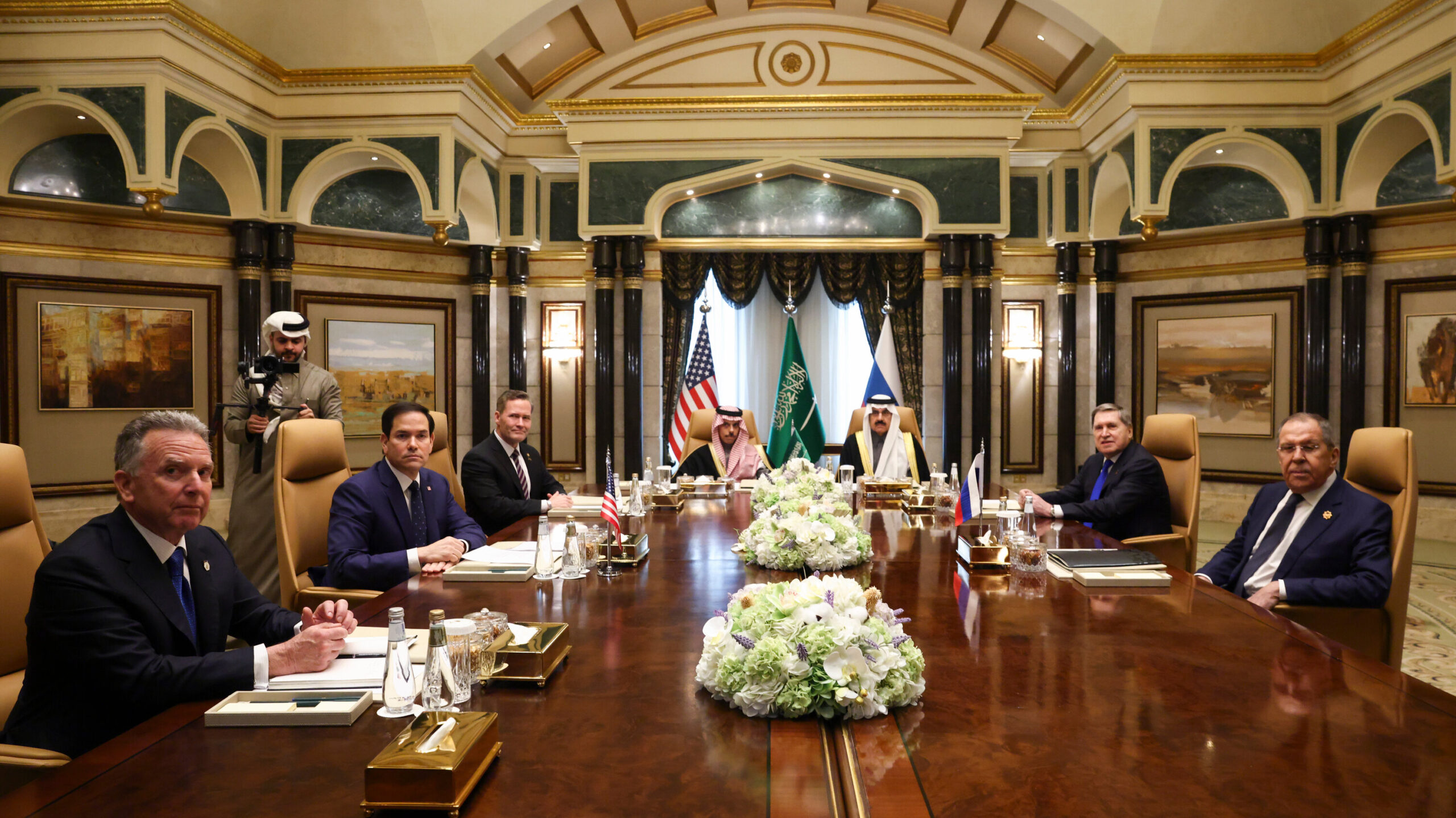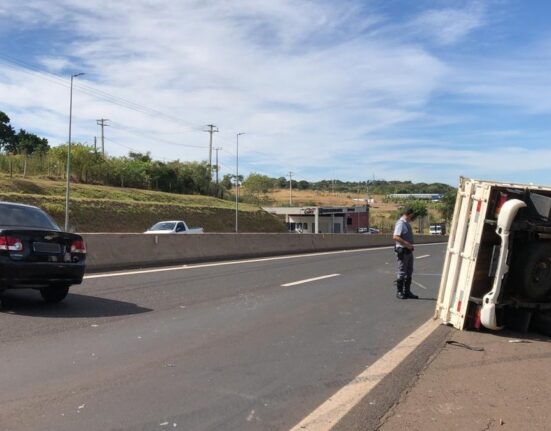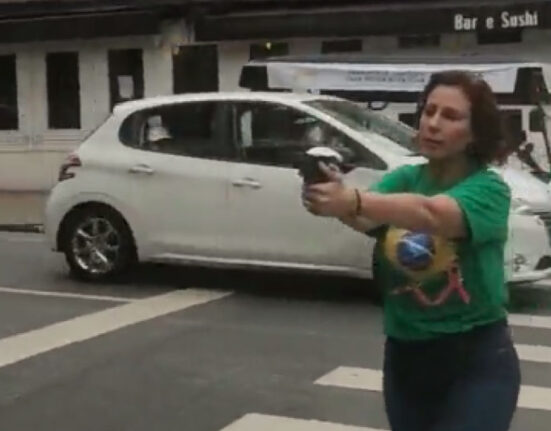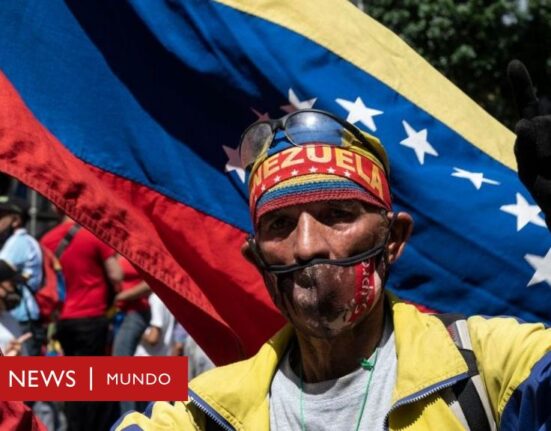After a challenging round of direct talks in Istanbul, Russia and Ukraine managed to reach an agreement on a new prisoner swap and the return of fallen soldiers, but significant obstacles remain towards achieving a ceasefire. The historic meeting took place at the exquisite Ciragan Palace in Istanbul, where both delegations engaged in critical discussions that could potentially shape the future of their conflict.
The negotiations held immense importance as they symbolized another attempt by the warring nations to find common ground. Despite facing substantial hurdles amidst recent escalations, both sides exhibited a willingness to cooperate on certain humanitarian aspects of the war. One notable outcome was the decision to exchange prisoners of war and honor the remains of 6,000 soldiers lost in battle—an essential step towards acknowledging the human cost of the conflict.
“The exchange of prisoners seems to be the diplomatic channel that actually works between Russia and Ukraine,”
noted Al Jazeera correspondent Dmitry Medvedenko from Istanbul. He highlighted how previous exchanges had laid a foundation for trust-building between the two nations, emphasizing the significance of such gestures during times of hostility.
One crucial aspect discussed during the talks was a comprehensive prisoner swap plan outlined by negotiators from both countries. Ukraine’s lead negotiator Rustem Umerov revealed that they had agreed to exchange severely wounded soldiers and captured fighters aged 18 to 25 on an “all-for-all
” basis. The commitment to ensuring proper treatment for those most vulnerable in warfare underscored a shared sense of humanity amid political differences.
As discussions unfolded, it became evident that differences over a ceasefire persisted between Russia and Ukraine. While Ukraine advocated for an unconditional halt to hostilities, Russia proposed a limited pause in fighting primarily aimed at retrieving deceased soldiers from battlegrounds. These contrasting viewpoints reflected broader discord on key issues fueling the conflict.
Reflecting on Russia’s stance towards ending hostilities, Ukrainian Deputy Foreign Minister Sergiy Kyslytsya remarked, “
The Russian side continued to reject the notion of an unconditional ceasefire.” This position showcased diverging priorities that complicated efforts to establish lasting peace in the region.
Meanwhile, Ukraine’s proactive military strategies beyond frontline territories added complexity to the negotiation dynamics. Recent drone attacks targeting Russian airbases exposed Kiev’s determination to leverage unconventional tactics against its adversary—a move intended not only for strategic gain but also as a message urging Moscow back to dialogue.
Amidst these developments emerged Russia’s ‘memorandum,’ outlining conditions for resolving hostilities presented during negotiations—a document that epitomized Moscow’s vision for post-conflict arrangements with Ukraine. The memorandum urged Kiev to undertake significant policy shifts ranging from territorial concessions to military limitations—a set of demands previously rejected by Ukrainian authorities and their Western allies.
Looking ahead, despite modest progress achieved during talks in Istanbul, divergent views persist on core issues vital for long-term peacebuilding efforts. Expert insights provided by former Russian deputy foreign minister Andrey Fedorov highlighted how fundamental questions remained unresolved between conflicting parties—underscoring broader challenges impeding sustainable resolutions.
Noteworthy aspirations expressed by Turkish President Recep Tayyip Erdogan underscored hopes for further high-level engagements involving global leaders such as Putin, Zelenskyy, and even Trump—an indication of international interest in mediating this protracted conflict through diplomatic means rather than escalating tensions further.
In conclusion, while incremental steps were taken during direct talks between Russia and Ukraine signaling potential headway on humanitarian fronts like prisoner exchanges—the deep-rooted divisions regarding ceasefire terms laid bare complex obstacles hindering substantive progress towards lasting peace—a reminder that overcoming entrenched animosities demands sustained commitment from all stakeholders involved.









Leave feedback about this